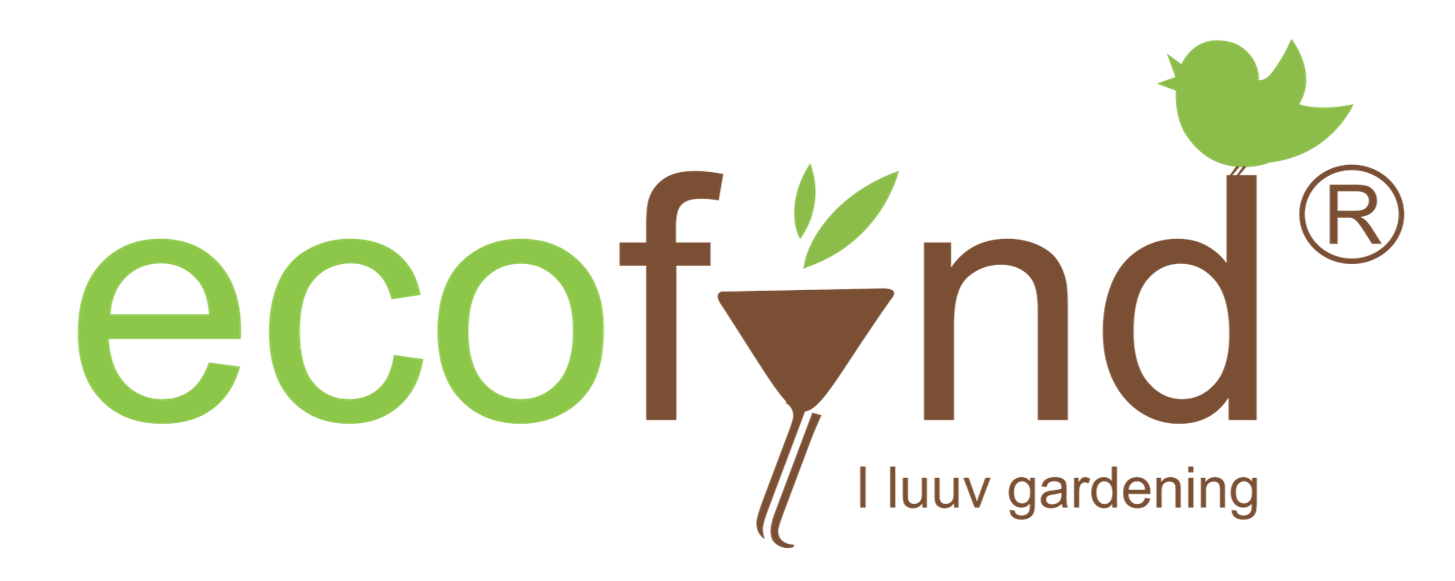
Composting is a simple, natural process that turns kitchen and yard waste into nutrient-rich soil. The soil can be used to enhance your garden and plant growth, while also reducing waste and helping the environment. Composting is a great way to reduce the amount of waste that ends up in landfills and to create a healthy, sustainable garden.
What is Composting?
Composting is the process of breaking down organic matter into a nutrient-rich soil amendment. This organic matter can include things like fruit and vegetable scraps, leaves, grass clippings, coffee grounds, and eggshells. When these materials are combined and allowed to decompose over time, they create a nutrient-rich soil amendment that can be used to fertilize plants.
Benefits of Composting

- Reduce waste: Composting is an excellent way to reduce the amount of waste that ends up in landfills. By composting organic matter like food scraps, leaves and grass clippings, you can divert up to 30% of your household waste from the landfill.
- Improves soil quality: Composting creates a nutrient-rich soil amendment that can improve soil quality and plant growth. The compost provides nutrients like nitrogen, phosphorus, and potassium, which are essential for healthy plant growth.
- Saves money: Composting can help you to save money by reducing the need for expensive fertilizers and soil amendments. By creating your own compost, you can save money and reduce your environmental impact.
- Reduces carbon footprint: Composting helps to reduce carbon footprint by reducing the amount of waste that ends up in landfills. Landfills are a major source of methane, a potent greenhouse gas that contributes to climate change.
How to Get Started with Composting

Composting is easy to do at home and can be done in a number of ways. Here are some simple steps to get started with it:
- Choose a composting method: There are several ways to compost, including using a compost bin, worm composting, or simply creating a compost pile in your backyard. Choose a method that works best for your space and lifestyle.
- Gather materials: To compost efficiently, you’ll need a mix of “brown” and “green” materials including things like food scraps and grass clippings. Aim for a 3:1 ratio of brown to green materials.
- Start composting: Add your materials to your compost bin, pile, or worm bin, making sure to keep the compost moist and aerated. Turning the compost regularly can help speed up the decomposition process.
- Harvest your compost: Depending on your composting method, your compost will be ready in anywhere from a few months to a year. When the compost is dark and crumbly, it’s ready to use. You can use it to fertilize your garden or indoor plants, or mix it with potting soil to improve plant growth.
In conclusion, composting is a simple and effective way to reduce waste and improve soil quality. By following these easy steps, you can turn your kitchen and yard waste into nutrient-rich soil that can help your plants grow better and reduce your environmental impact. Give it a try and see how composting can benefit you and your garden.






Comments (4)
66i648
la95b2
bthgfi
s2a9ur